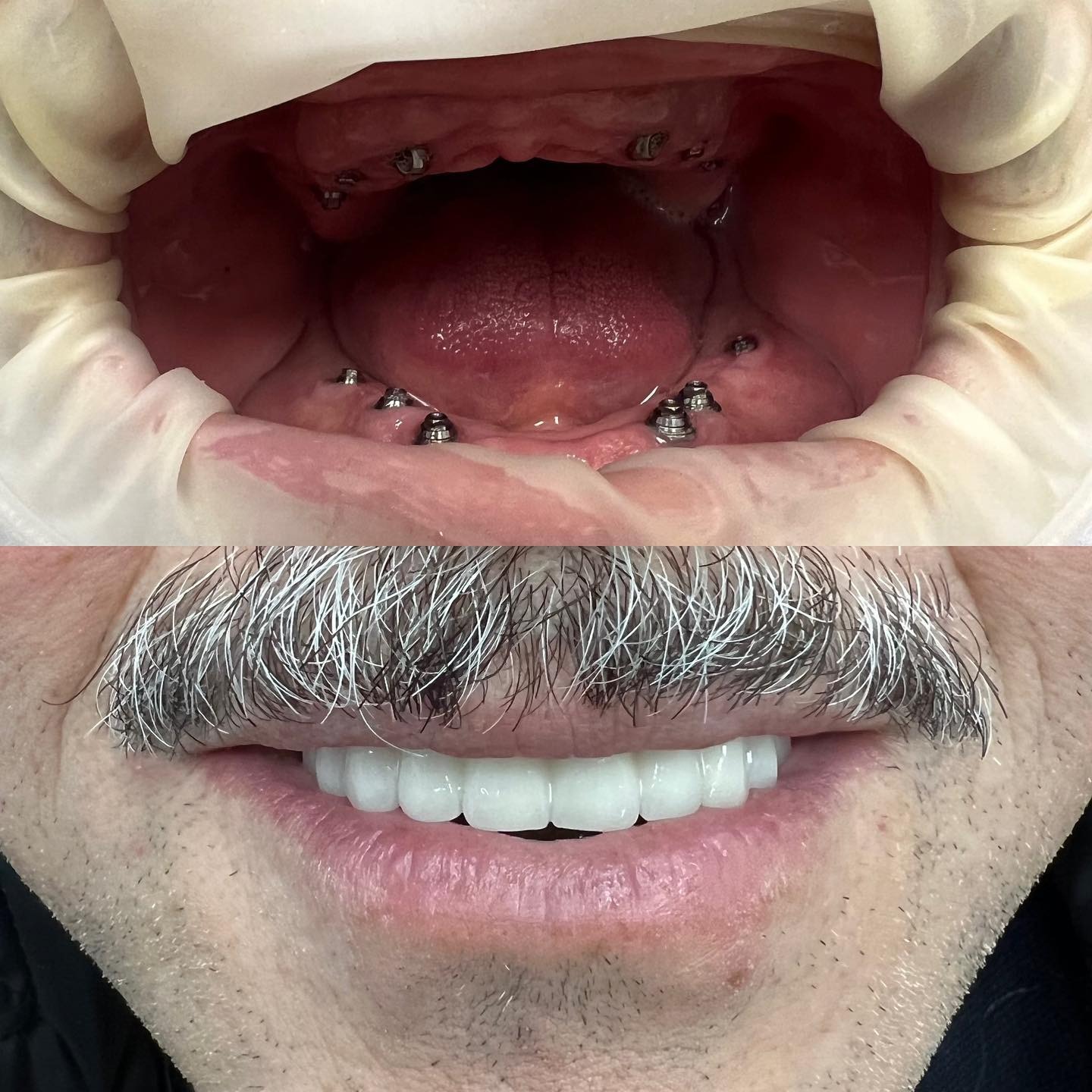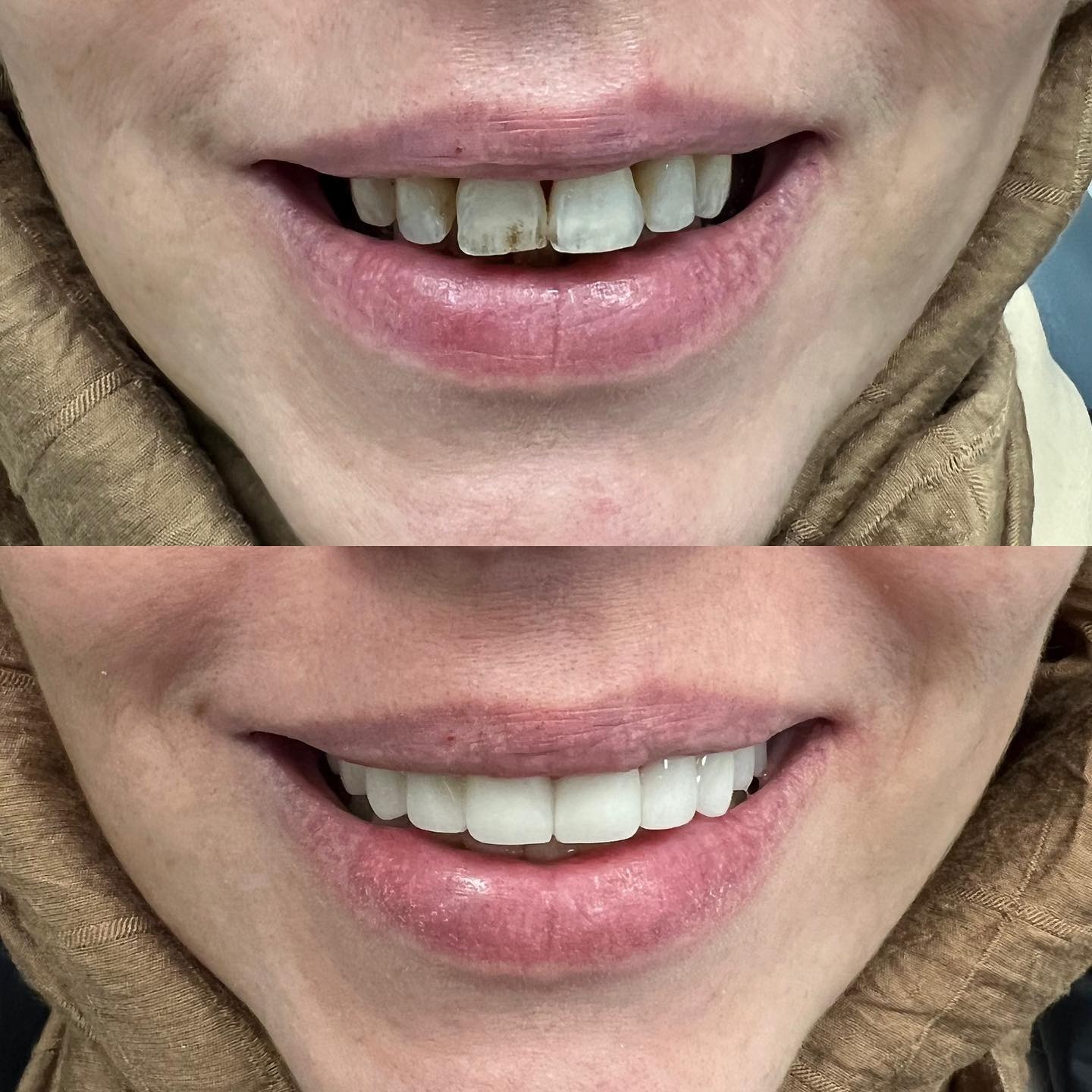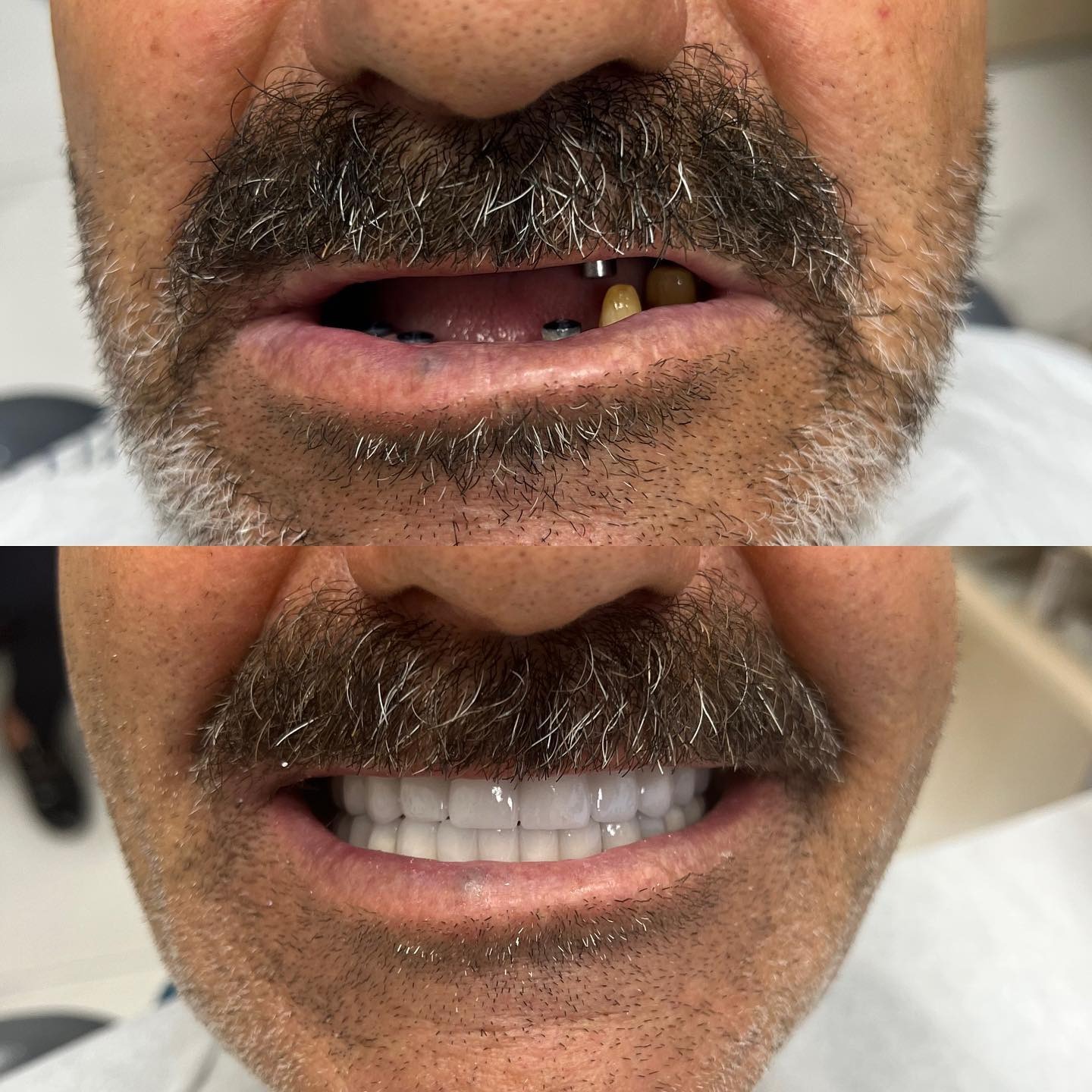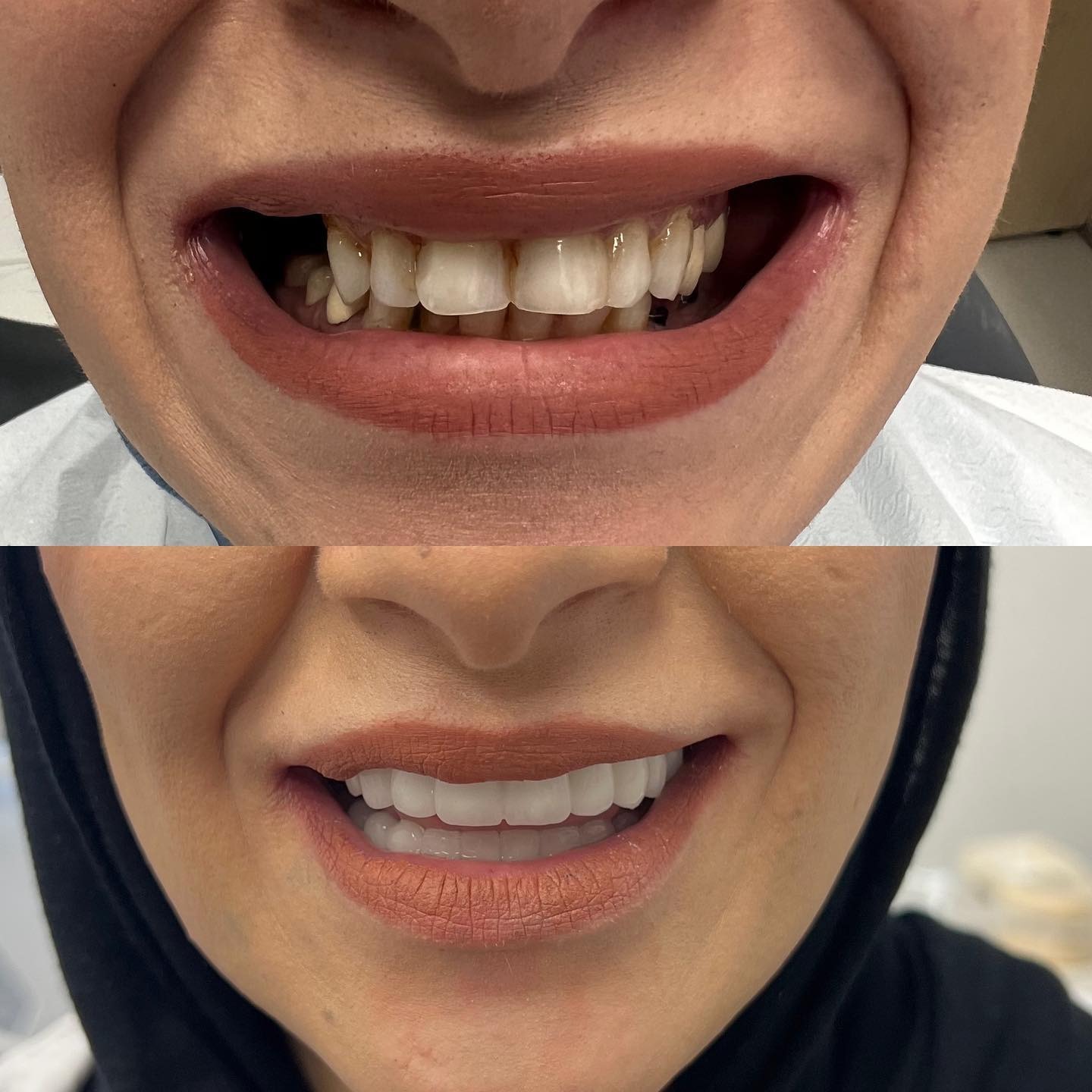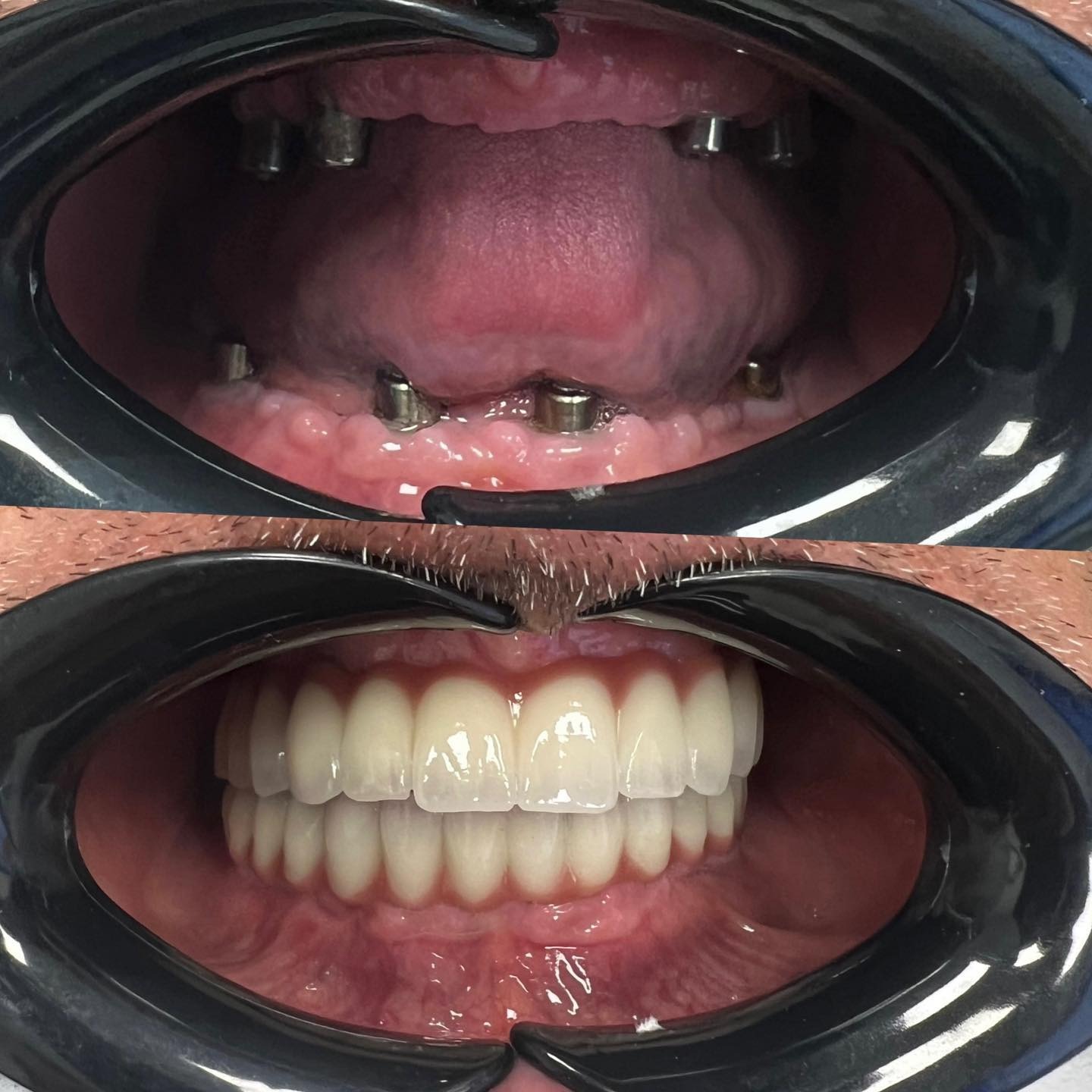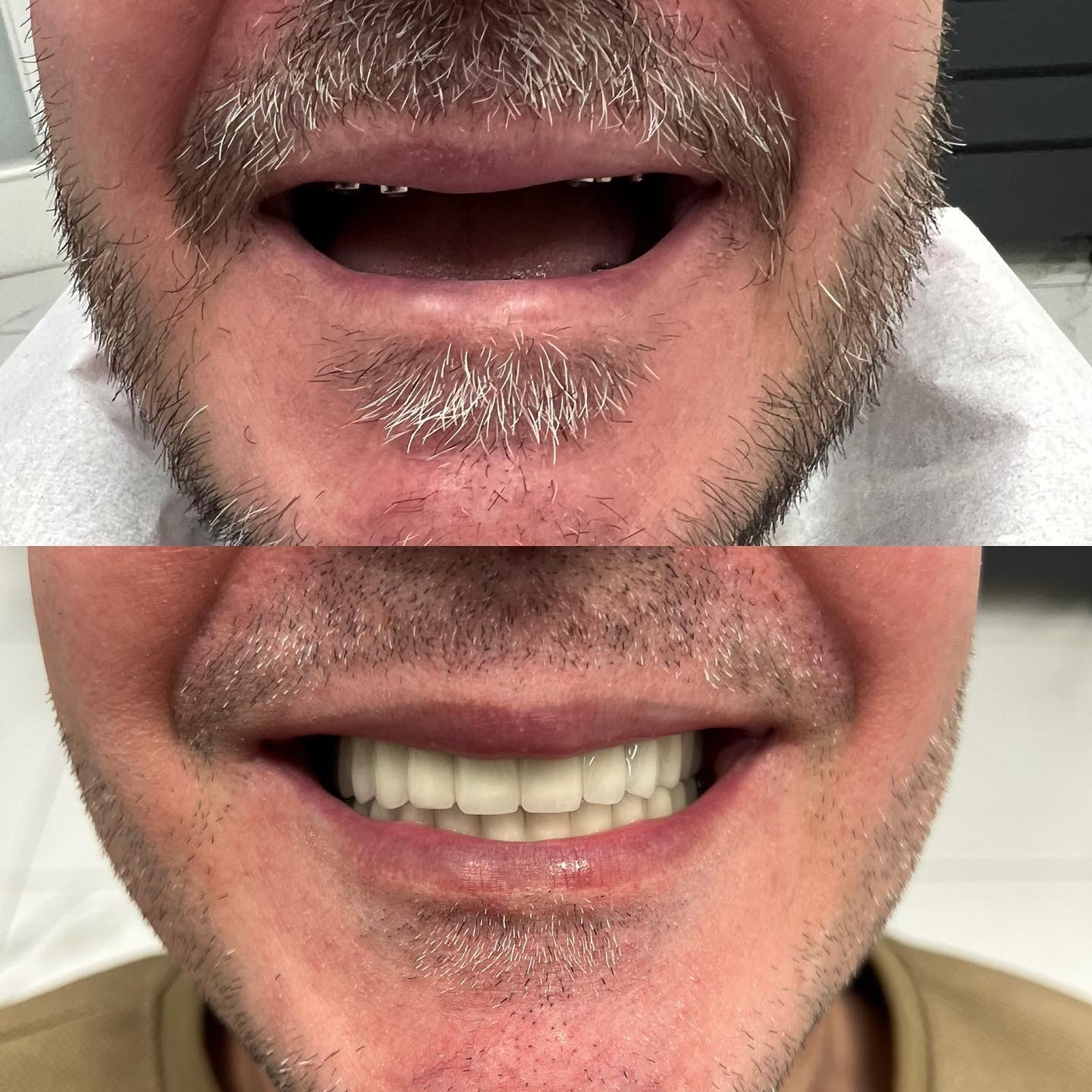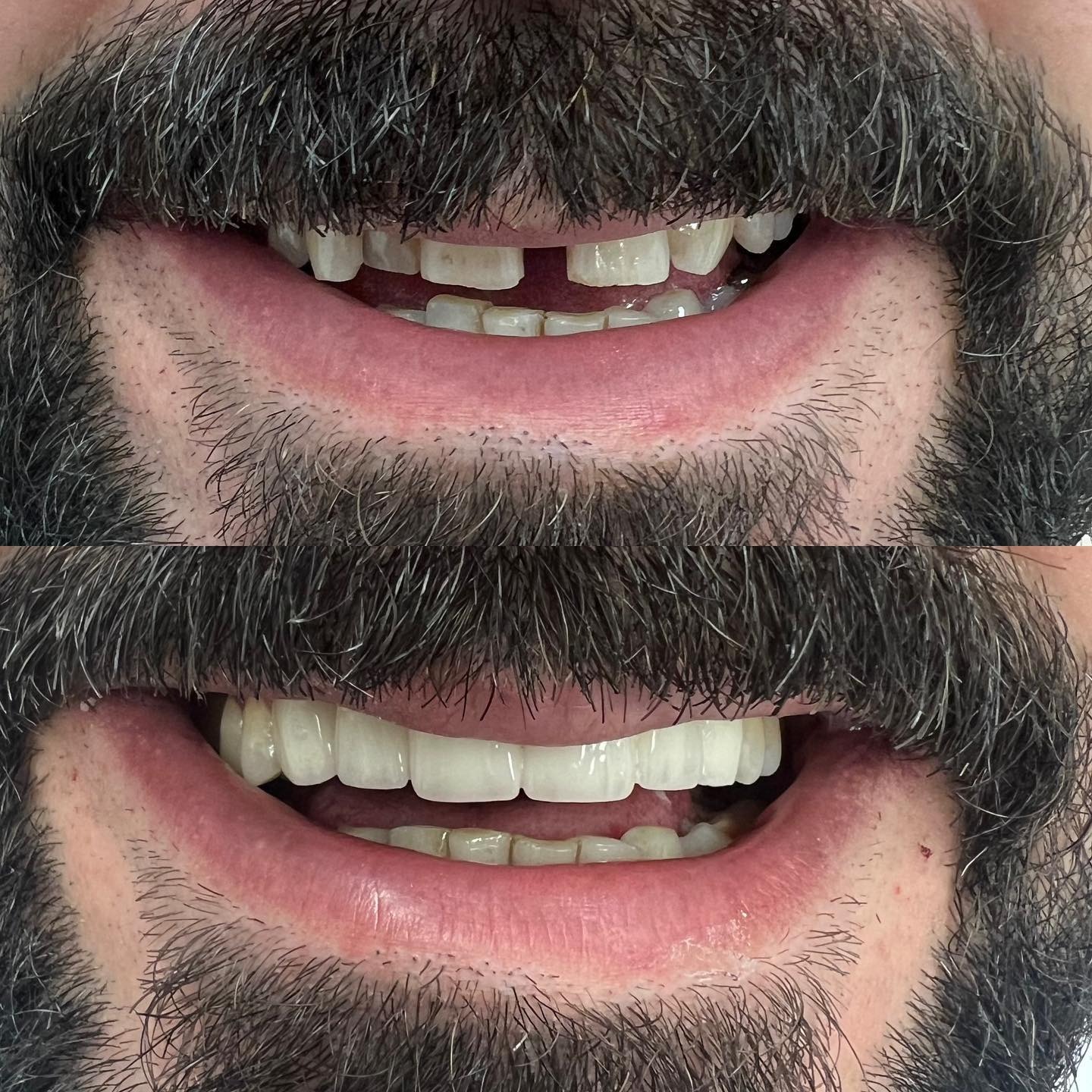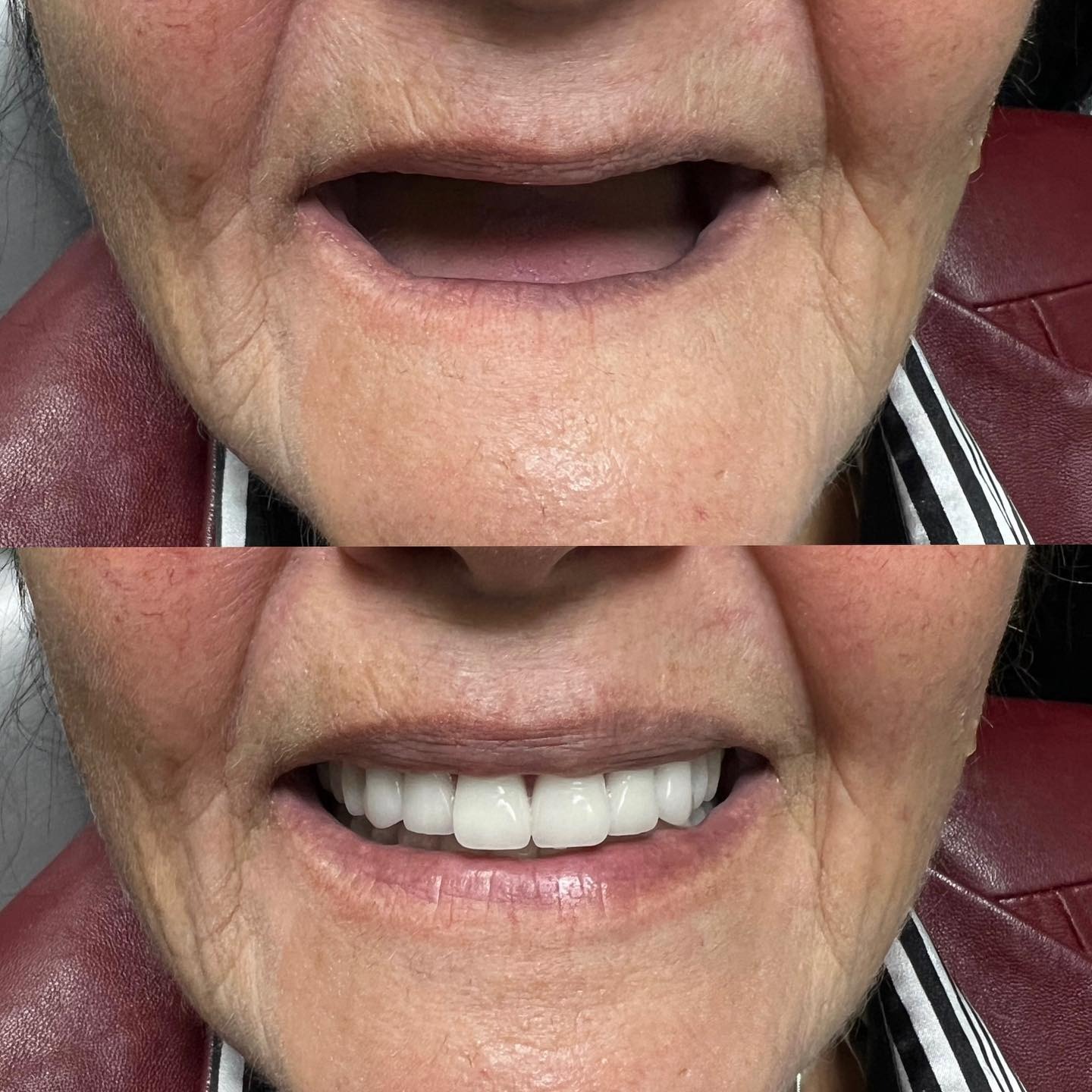
Description Dental Crowns
Dental crowns, also known as tooth caps, are prosthetic devices. They are designed to cover a damaged or weak tooth to restore its structure, function, shape, size, and appearance. Dental crowns are designed to completely cover the visible portion of the tooth above the gum line. They are cemented in place to protect the tooth and improve its function.
The function of dental crowns is to provide strength and protection for weak or damaged teeth. Crowns can help prevent further damage to natural teeth and restore tooth function. This allows the patient to eat and speak more comfortably. Dental crowns are also used for cosmetic purposes to improve the appearance of damaged or disfigured teeth.
Dental crowns are typically made from various materials, depending on the type, including porcelain, ceramic, or a combination of materials. The recommended type of crown depends on the location of the tooth, the extent of damage, the patient’s preferences, and budget. Consult your dentist. They are the person who can help you choose the best type of dental crowns for your needs.

Who are the candidatesDental Crowns؟
Dental crown procedures can be a good option for various dental issues. Some typical candidates for dental crowns include:
- Patients with tooth damage or decay: Dental crowns restore the health of weakened teeth due to tooth decay, cracks, or fractures.
- Patients who have undergone root canal treatment: Teeth that have previously undergone root canal treatment often require dental crowns, as this procedure will protect the tooth and prevent further damage.
- Patients with large fillings: Teeth containing large filling materials that threaten their structural integrity may require dental crowns for additional support and protection.
- Patients suffering from tooth loss: Dental crowns can be used with dental implants or dental bridges to replace missing teeth.
- Patients with cosmetic issues: Dental crowns can improve the appearance of disfigured or damaged teeth.
- Patients with weakened teeth due to teeth grinding: Patients who grind their teeth (bruxism) may cause serious damage to their teeth. Therefore, dental crowns may be recommended to provide additional protection and support.
It’s important to note that not all patients are good candidates for dental crowns. Patients with advanced gum diseases or those with a history of gum diseases may not be suitable for dental crown treatments, as the fundamental issue of gum disease should be addressed first.
Patients with a history of severe allergic reactions to metals may not be good candidates for some types of crowns. Your dentist can help determine whether dental crowns are the right treatment option based on your needs and oral health history.
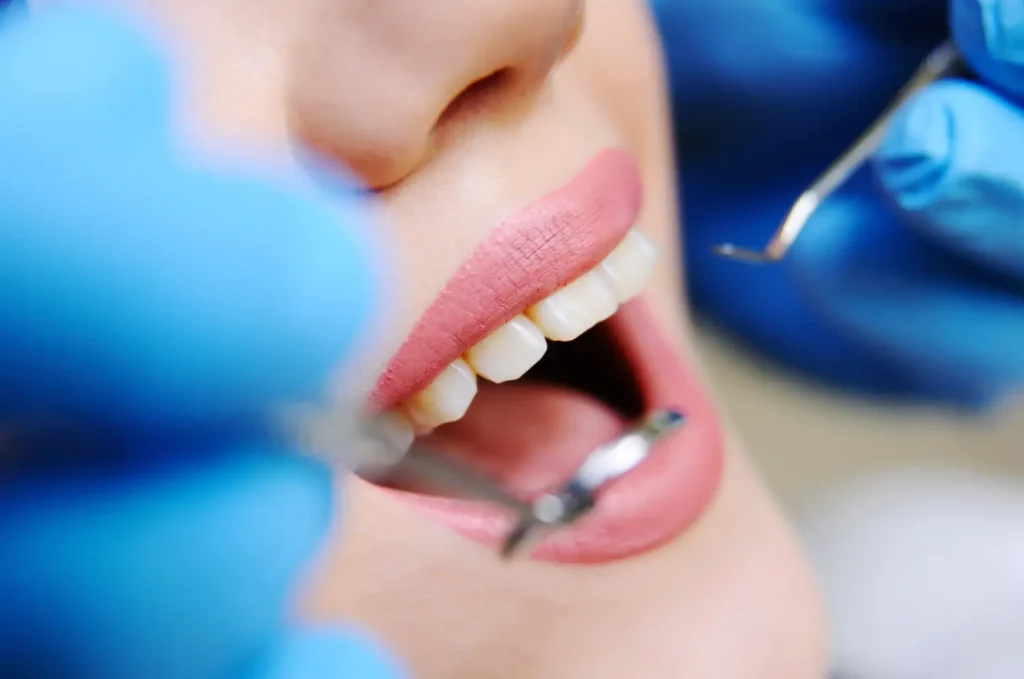
What are the stages Dental Crowns؟
Dental crown procedure is performed under local anesthesia. It involves several stages. These stages may vary depending on the individual case and patient’s needs. The general steps for obtaining a dental crown are as follows:
- Consultation: The first stage of getting a dental crown is a consultation with the dentist. During this stage, the dentist examines the patient’s teeth and determines if a crown is the appropriate treatment option. The dentist also discusses the different types of crowns available, procedures, and cost.
- Tooth Preparation: Once the decision to proceed with placing a dental crown is made, the dentist prepares the tooth that will receive the crown. This involves removing any decay or damage and reshaping the tooth to make room for the crown.
- Impressions: After preparing the tooth, the dentist takes impressions of the tooth and surrounding teeth. These impressions are used to create a custom-made crown that fits the patient’s mouth.
- Temporary Crown: While the permanent crown is being fabricated in the dental lab, the patient is given a temporary crown to protect the prepared tooth.
- Crown Placement: Once the permanent crown is ready, the temporary crown is removed. The permanent crown is then placed over the prepared tooth. The dentist makes any necessary adjustments to ensure that the crown fits properly and feels comfortable.
- Follow-up: After the crown is placed, the patient should return for a follow-up visit. This ensures that the crown is functioning properly and does not cause any issues.
Getting a dental crown typically requires two to three visits to the dentist, and it may take about a week from start to finish. The specific timeline will depend on the individual case and the type of crown used.
Frequently Asked Questions
In most cases, body sculpting surgery is considered a cosmetic procedure and is not covered by insurance. However, in some cases where the procedure is considered medically necessary due to a medical condition or injury, insurance may cover the cost of surgery.
Body contouring surgery refers to a variety of surgical procedures designed to reshape and contour the body. These procedures may include removing excess skin and fat, tightening muscles or changing the shape and size of certain parts of the body, such as; Abdomen and thighs, or arms and buttocks.
The cost of body sculpting surgery varies depending on the extent of the procedure, the surgeon’s experience, the location of the surgery, and the clinic’s prices. In general, the cost of body contouring surgery can range from $4,000 to $15,000 or more.
Non-surgical body sculpting refers to non-surgical or minimally invasive cosmetic procedures that can help reshape and define the body without the need for surgical intervention. Examples of non-surgical body sculpting procedures include CoolSculpting and SculpSure.
After rhinoplasty, patients are usually advised to avoid strenuous physical activities, lift heavy objects, blow their nose, and wear eyeglasses or sunglasses for several weeks to allow for proper healing.
Rhinoplasty is usually performed under general anesthesia, so the procedure itself is not painful. Some people may experience mild discomfort, swelling, and bruising after the procedure, but these symptoms can be managed with medications and cold compresses.
The duration of rhinoplasty can vary depending on several factors such as: The extent of the operation and the experience of the surgeon. On average, it can take 1-3 hours to complete.
Recovery time after rhinoplasty can vary depending on several factors such as the extent of the procedure, the patient’s general health, and adherence to post-operative instructions. On average, it may take 2-3 weeks for initial recovery and several months for the final results to be fully visible.
Rhinoplasty is a cosmetic or reconstructive surgical procedure that involves reshaping the bone and cartilage of the nose to improve its appearance or function.
Rhinoplasty, also known as rhinoplasty, is a surgical procedure aimed at improving the appearance and/or function of the nose by reshaping bone and cartilage.
The cost of rhinoplasty varies depending on several factors, such as the surgeon’s experience, location, and extent of the procedure. On average, it can range from $5,000 to $10,000 in the United States
Dental veneers can last between 5 to 15 years, depending on the materials used, the individual’s oral hygiene habits, and other factors. Regular dental checkups and proper care can help extend the life of veneers.
If teeth are not kept clean, decay can occur around or under the edges of the veneer, leading to further dental problems. It is important to continue brushing, flossing, and having regular dental checkups to prevent cavities and other dental problems.
Dental veneers are used to improve the appearance of teeth that are discolored, cracked, or have other cosmetic problems. However, other dental treatments may be necessary before veneers are placed if the teeth have significant decay or structural damage.
When placed correctly and taken good care of, veneers will not damage your teeth. However, if the veneer is not placed correctly, or when the underlying tooth structure is damaged during preparation, it can lead to problems such as sensitivity or cavities.

